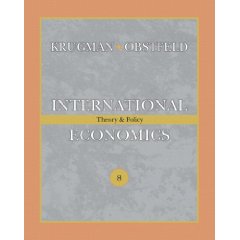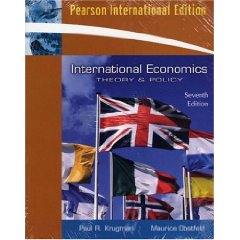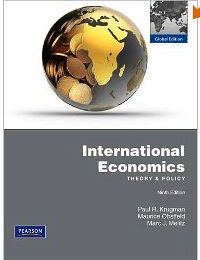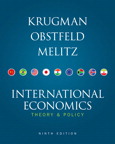Grading
Grading for the lecture section (239110KS) will be based on
- midterm examination (45%)
- final examination (45%)
- participation and attendance (10%).
TOTAL: 100% -- minimum passing grade is 51%.
YES, YOU MUST TAKE BOTH THE MIDTERM AND FINAL EXAM.
| DATE | Time | Topics/Readings/Slides |
|---|---|---|
|
Part 1
(blocks 1-4) Mo 07.Oct.2013 Mi 09.Oct.2013 Mo 14.Oct.2013 Mi 16.Oct.2013 Mo 21.Oct.2013 |
Mo HS9, Mi HS 18
13:45-15:15 15:30-17:00 |
0. Introduction 2. Money, interest rates, and exchange rates 3. Prices and exchange rates in the long-run (real exchange
rates, monetary approach to exchange rates) 4. Output and exchange rates in the short-run 5. Fixed and flexible exchange rate regimes SLIDES
|
|
Do 07.Nov.2013
|
|
MID-TERM EXAM The exam covers Blocks 1-4. It DOES NOT cover Block 5.
|
|
Part 2
(Blocks 4-7) Mi.23.Oct.2013 Mo.28.Oct.2013 Mi. 30.Oct.2013 Mo 11.Nov.2013 Mi 13.Nov.2013 |
Mo HS9, Mi HS 18
13:45-15:15 15:30-17:00 |
4. Output and exchange rates in the short-run SLIDES: READINGS: Additional
Readings |
|
FR 29.Nov.2013
|
|
FINAL EXAM
Location will be published on KUSSS SLIDES: review questions (there is some overlap) |



